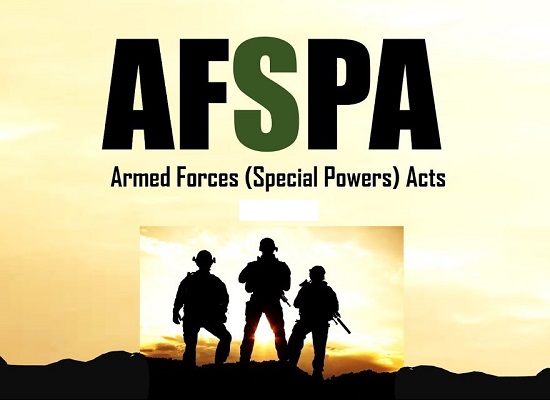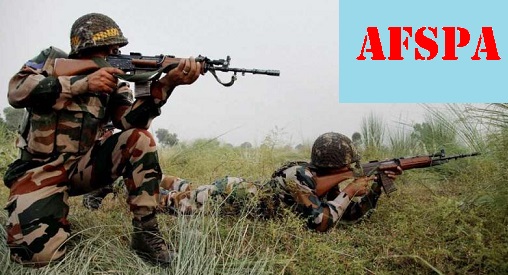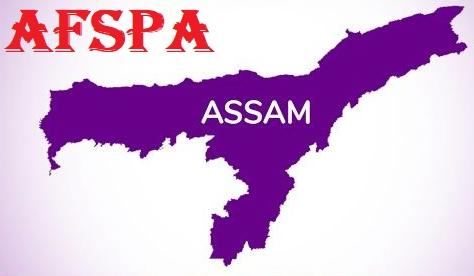Updated By: LatestGKGS Desk
Armed Forces Special Powers Act (AFSPA) History Special Powers for Army in North East

Armed Forces Special Powers Act (AFSPA) History, Features, Special Powers for Army in troubled areas
Armed Forces Special Powers Act (AFSPA) was passed on 11 September 1958. It gives the Indian Armed Forces sweeping powers in a few areas.
Armed Forces Special Powers Act is a law with just six sections granting special powers to the Indian Armed Forces in what the act terms as disturbed areas. It has been condemned by several sections of the society for its brutal applications in the past and in the present scenario.
In the past, this act has been brought to use in Assam, Manipur, Punjab & Chandigarh. The act is still in use in J&K.
According to the Armed Forces Special Powers Act (AFSPA), an officer of the armed forces has powers to:
- After giving such due warning, Fire upon or use other kinds of force even if it causes death, against the person who is acting against law or order in the disturbed area for the maintenance of public order,
- Destroy any arms dump, hide-outs, prepared or fortified position or shelter or training camp from which armed attacks are made by the armed volunteers or armed gangs or absconders wanted for any offense.
- To arrest without a warrant anyone who has committed cognizable offenses or is reasonably suspected of having done so and may use force if needed for the arrest.
- To enter and search any premise in order to make such arrests, or to recover any person wrongfully restrained or any arms, ammunition or explosive substances and seize it.
- Stop and search any vehicle or vessel reasonably suspected to be carrying such person or weapons.
- Any person arrested and taken into custody under this Act shall be made over to the officer in charge of the nearest police station with the least possible delay, together with a report of the circumstances occasioning the arrest.
- Army officers have legal immunity for their actions. There can be no prosecution, suit or any other legal proceeding against anyone acting under that law. Nor is the government's judgment on why an area is found to be disturbed subject to judicial review.
- Protection of persons acting in good faith under this Act from prosecution, suit or other legal proceedings, except with the sanction of the Central Government, in the exercise of the powers conferred by this Act.

